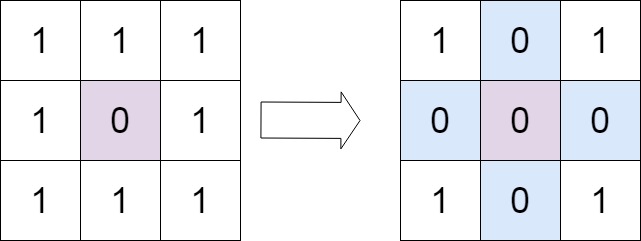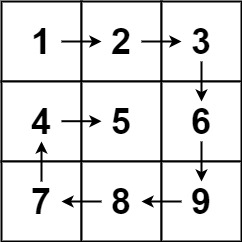Design a stack that supports push, pop, top, and retrieving the minimum element in constant time.
Implement the MinStack class:
MinStack()initializes the stack object.void push(val)pushes the elementvalonto the stack.void pop()removes the element on the top of the stack.int top()gets the top element of the stack.int getMin()retrieves the minimum element in the stack.
Example 1:
Input ["MinStack","push","push","push","getMin","pop","top","getMin"] [[],[-2],[0],[-3],[],[],[],[]] Output [null,null,null,null,-3,null,0,-2]
Explanation MinStack minStack = new MinStack(); minStack.push(-2); minStack.push(0); minStack.push(-3); minStack.getMin(); // return -3 minStack.pop(); minStack.top(); // return 0 minStack.getMin(); // return -2
Constraints:
-231 <= val <= 231 - 1- Methods
pop,topandgetMinoperations will always be called on non-empty stacks. - At most
3 * 104calls will be made topush,pop,top, andgetMin.
Idea:
Use two stacks to solve this problem
Solution:
/**
* initialize your data structure here.
*/
var MinStack = function() {
this.min = [];
this.stack = [];
};
/**
* @param {number} x
* @return {void}
*/
MinStack.prototype.push = function(x) {
this.stack.push(x);
let min = this.getMin();
if (min === undefined || min >= x) {
this.min.push(x);
}
};
/**
* @return {void}
*/
MinStack.prototype.pop = function() {
let val = this.stack.pop();
let min = this.getMin();
if (val === min) this.min.pop();
};
/**
* @return {number}
*/
MinStack.prototype.top = function() {
return this.stack[this.stack.length - 1];
};
/**
* @return {number}
*/
MinStack.prototype.getMin = function() {
return this.min[this.min.length - 1];
};
/**
* Your MinStack object will be instantiated and called as such:
* var obj = new MinStack()
* obj.push(x)
* obj.pop()
* var param_3 = obj.top()
* var param_4 = obj.getMin()
*/


